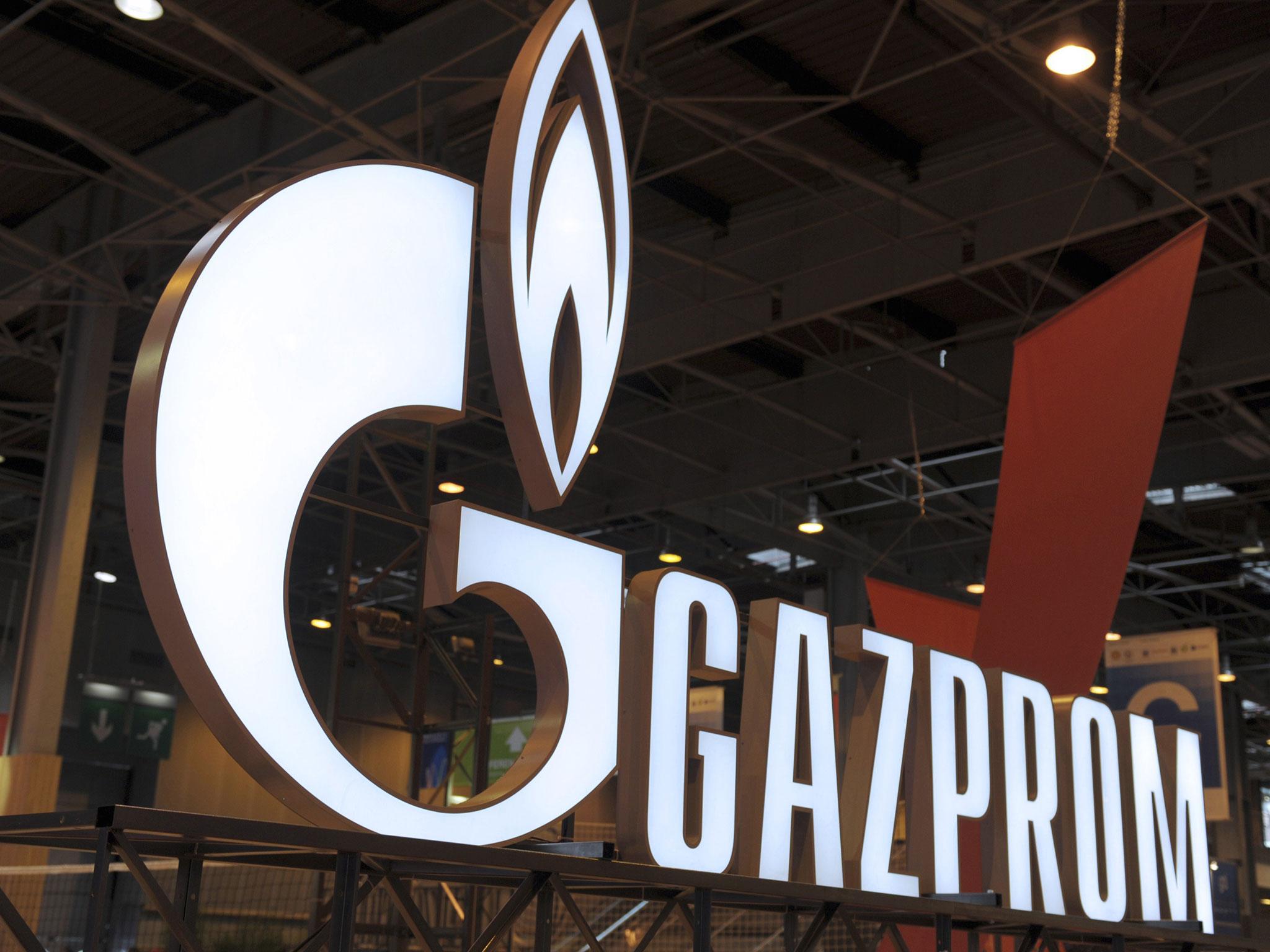UK public authorities spent at least £25m with Kremlin-backed Gazprom last year
Call for urgent review of all Gazprom contracts that ‘fuel Putin’s war machine’, says GMB union

Your support helps us to tell the story
From reproductive rights to climate change to Big Tech, The Independent is on the ground when the story is developing. Whether it's investigating the financials of Elon Musk's pro-Trump PAC or producing our latest documentary, 'The A Word', which shines a light on the American women fighting for reproductive rights, we know how important it is to parse out the facts from the messaging.
At such a critical moment in US history, we need reporters on the ground. Your donation allows us to keep sending journalists to speak to both sides of the story.
The Independent is trusted by Americans across the entire political spectrum. And unlike many other quality news outlets, we choose not to lock Americans out of our reporting and analysis with paywalls. We believe quality journalism should be available to everyone, paid for by those who can afford it.
Your support makes all the difference.UK public sector bodies have been accused of “fuelling Putin’s war machine” after it emerged that they collectively paid at least £25m to the Russian state-controlled gas giant Gazprom last year.
Councils, academy trusts and hospital bodies were among taxpayer-funded organisations that helped to fill the Russian firm’s coffers, analysis by the GMB union showed.
Gazprom recently won a £3.6m contract to supply gas and electricity to the University of Manchester and has a £1.2m deal with Delta, one of the largest academy groups in the country.
Data from Tussell, a data provider on public sector contracts, shows that Newcastle upon Tyne Hospitals NHS Foundation Trust spent £7.1m – the most of any public sector body.
Health secretary Sajid Javid has told that NHS trusts need to stop using Gazprom as a supplier. It came after the Health Service Journal revealed that 17 trusts are using gas supplied by the firm.
Gazprom's UK arm has paid a total of £1.2bn in dividends to its parent company since it was founded in 1999. The parent company is majority-owned by the Russian state.
Pressure is mounting on companies and governments to ditch Gazprom, which is a key source of revenue for Vladimir Putin, who stepped up Russia’s invasion of Ukraine with heavy bombardments of urban areas on Wednesday.

Gary Smith, GMB general secretary, called for an outright ban on any public sector contracts being awarded to Gazprom and an urgent review into whether existing contracts can be switched to new suppliers.
“Serious questions need to be asked about how our schools and hospitals have become entangled in the energy supply chain that fuels Putin’s war machine,” he said.
“Ultimately, this spending is an indictment of the failure of UK energy policy to prioritise affordable and secure supply.
“It is morally unconscionable for contracts to still be awarded while missiles rain down on Ukrainian workers.”
Private sector organisations have also scrambled to sever ties with Russian firms this week.
The Institute of Directors (IoD) said on Thursday that it was “no longer tenable” for British people to hold board positions in Russian and Belarusian companies.
“Although directors owe legal duties to the companies on whose boards they serve, they should also feel a stronger moral duty to uphold the fundamental values of freedom and democracy,” said IoD director Jonathan Geldart.
A poll by the IoD found overwhelming support for its position, with 86 per cent of people agreeing.
Fund managers in charge of trillions of pounds of savings have also sought to sell their Russian assets and review their policies towards the country.
Nest, which administers the pensions of 10 million people in the UK, said it would sell all its Russian investments “as soon as possible”.
British Gas owner Centrica announced this week it plans to quit supply agreements with Russian companies including state-backed gas giant Gazprom.
Join our commenting forum
Join thought-provoking conversations, follow other Independent readers and see their replies
Comments